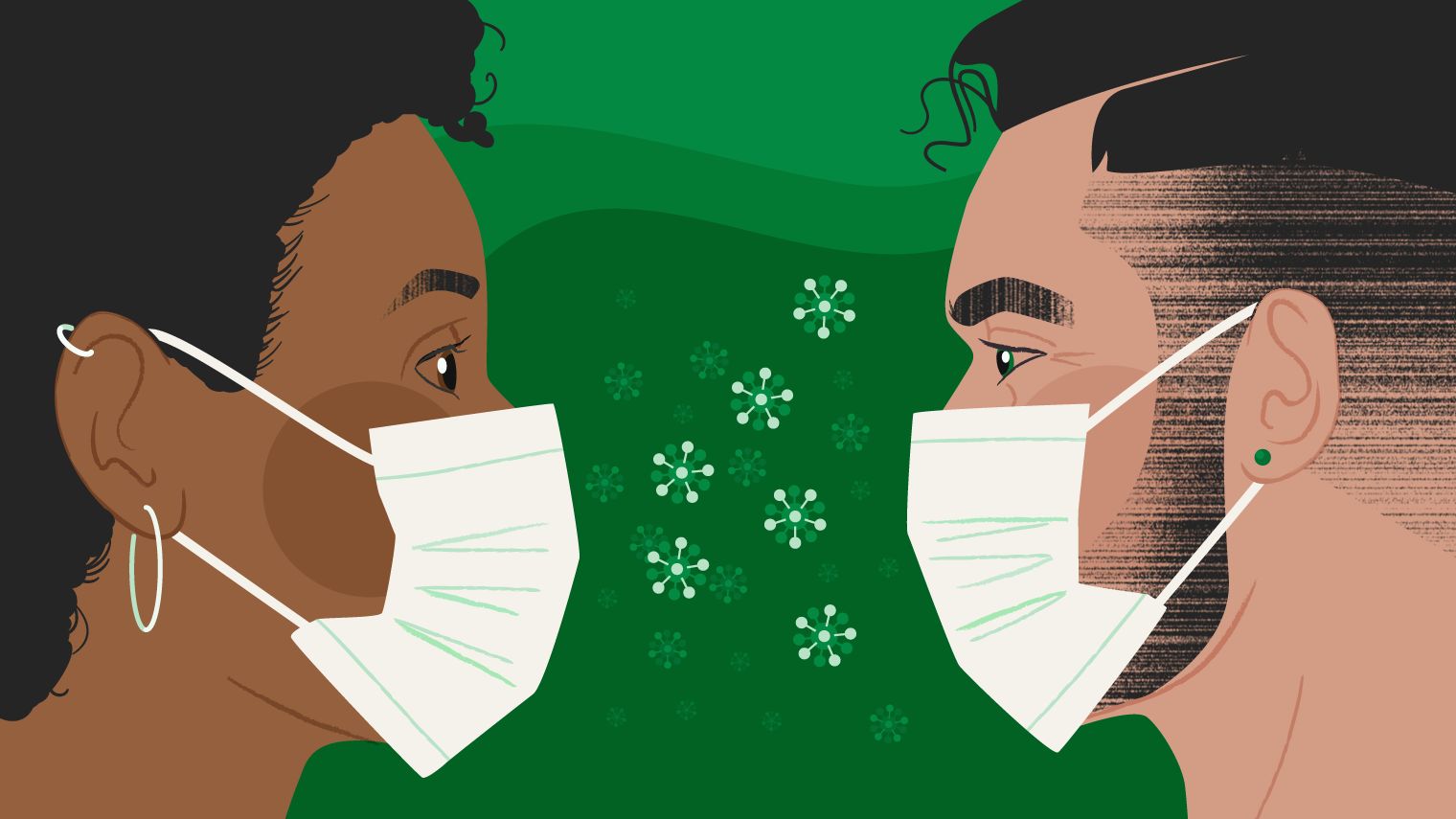Immunocompromised: How to Know If You Have a Weakened Immune System
Updated October 30, 2024

Illustration by Jason Hoffman
If you have a compromised immune system, you can take action to protect yourself and stay healthy.
Do you notice you’re often sick with a cold, or maybe your cold lasts a really long time?
Being constantly sick can be concerning and frustrating, and you might wonder if your immune system is functioning as it should. But how do you know if your immune system is weaker than it should be?
It’s important to understand what might weaken the immune system and what you can do to stay as healthy as possible.


What does ‘immunocompromised’ mean?
Immunocompromised is a broad term that means the immune system is weaker than expected and not functioning as it should.
The immune system is made up of an army of different types of cells all working to protect you against bacteria, viruses, and other things that might cause infection. When this system isn’t functioning properly, the body is much more prone to illness.
You may also hear the terms immunodeficiency or immunosuppressed. These terms mean you have a higher risk of getting an infection and becoming sick.
However, it’s possible to be immunocompromised to different degrees.
Being immunocompromised isn’t a light switch that’s either on or off — it functions on a spectrum, more like a dimmer.
If someone is slightly immunocompromised, they may be more likely to catch the common cold. Others who are severely immunocompromised may catch the common cold and find it life threatening.
Being immunocompromised can be temporary or permanent. In many cases, such as during cancer treatment, the immune system can recover after some time. If the offending cause is removed, the immune system may recover back to a healthy state.
Being immunocompromised isn’t a light switch that’s either on or off — it functions on a spectrum, more like a dimmer.
Alternatively, being immunocompromised may be permanent, as is the case with many congenital diseases.
How long your immune system remains weakened depends on the cause.
What can cause me to become immunocompromised?
Being immunocompromised can be due to many causes:
- chronic medical conditions, such as heart disease, lung disease, diabetes, HIV, and cancer
- autoimmune diseases, such as lupus, multiple sclerosis, and rheumatoid arthritis
- medications and treatments, such as radiation therapy
- medications used after bone marrow or solid organ transplants
- advanced age
- difficulty eating a balanced diet
- pregnancy
- a combination of any of the above
How can I tell if I’m immunocompromised?
A few ways can help determine if you have a compromised immune system.
You may become sick more frequently or for longer periods compared to other people.
In more severe cases, it’s also possible that someone with a weakened immune system may not experience the typical signs of infection, such as swelling, fever, or pus from a wound.
These signs can be muted or may not appear at all, making it difficult to detect an infection.
Different blood tests are available to help measure the function of the immune system, including ones that check your white blood cell count and immunoglobulins.
Several types of blood cells are critical for a properly functioning immune system, so healthcare professionals may consider many tests when assessing yours.
What can I do to stay healthy?
If you have a compromised immune system, you can take actions to protect yourself and stay healthy, such as:
- washing your hands frequently with soap and water
- avoiding people who are sick with a contagious illness
- avoiding touching your face (eyes, nose, and mouth), especially in public areas
- cleaning and disinfecting commonly touched surfaces
- eating a balanced diet
- ensuring adequate sleep
- quitting smoking, if applicable to you
- minimizing stress (as best as possible)
Next steps
While having a compromised immune system can be difficult, tests and strategies are available to help you stay as healthy as possible.
If you’re unsure whether you’re immunocompromised, don’t hesitate to speak with a member of your healthcare team.
Originally written May 18, 2020
Medically reviewed on October 30, 2024
4 Sources


Like the story? React, bookmark, or share below:
Have thoughts or suggestions about this article? Email us at article-feedback@bezzy.com.
About the author